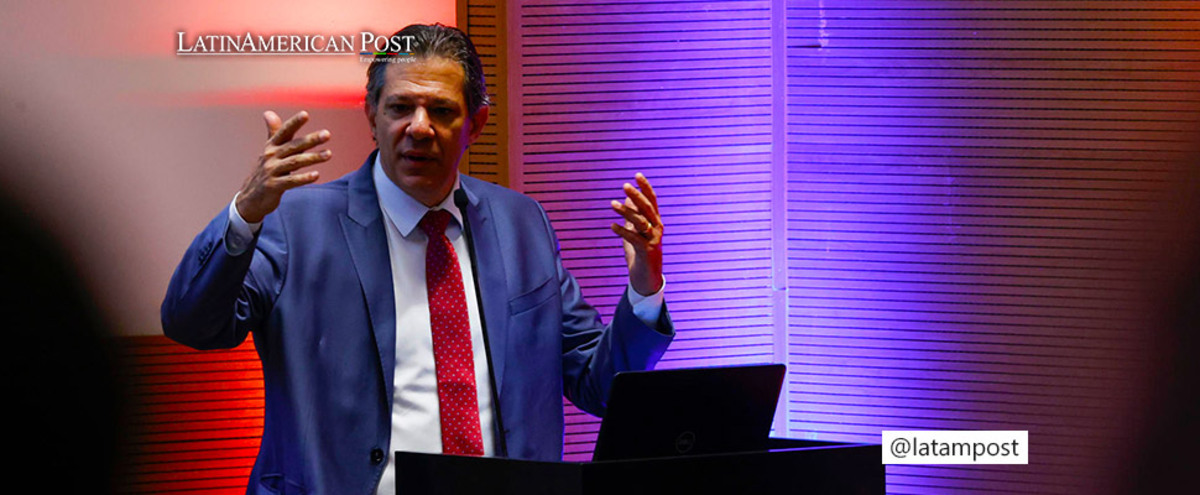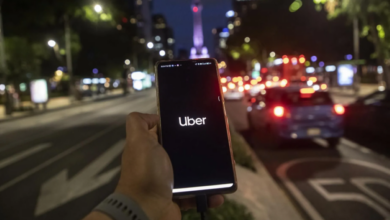What Will Happen To Mercosur After The Elections In Argentina?
The Brazilian Minister of Finance, Fernando Haddad, affirmed today that Mercosur would be at risk with a possible victory of Javier Milei, who is leading in the polls for the elections in Argentina.

Photo: EFE/SEBASTIÃO MOREIRA
EFE
Listen to this article
Leer en español: ¿Qué pasará con Mercosur luego de las elecciones en Argentina?
The Brazilian Minister of Finance, Fernando Haddad, stated this Monday that an eventual victory in the Argentine elections of the opponent Javier Milei would put Mercosur and the bloc's agreement with the European Union (EU) at "risk."
"Mercosur is at risk, especially due to upcoming events," such as the elections in Argentina, with "the capacity of the reach of the narrative of the candidate leading the elections," Haddad said during the opening of an economic seminar.
Argentine elections and their impact on the region
For the Argentine elections on October 22, the latest polls place the far-right Milei first, the official minister Sergio Massa second and the center-right Patricia Bullrich third, projecting a second electoral round between the first two on November 19.
Without directly citing the name of Milei, who has repeatedly spoken out against Mercosur, a bloc made up of Argentina, Brazil, Paraguay and Uruguay, Haddad defended the "need" to conclude the trade agreement with the EU.
Read also: Elon Musk, Tucker Carlson and Javier Milei: This How X Can Influence Argentine Elections
According to Haddad, reaching the agreement before Milei eventually comes to power would be an "antidote to measures that could disorganize the region" and, in that sense, he reiterated the efforts of the Brazilian president, Luiz Inácio Lula da Silva.
"President Lula is committed to signing the agreement this year," stressed Haddad, who, however, acknowledged that "there is still resistance to the opening of the market by Europe, which has its own difficulties."
The EU and Mercosur
After two decades of arduous talks, on June 28, 2019, the EU and Mercosur reached a general political agreement to seal a free trade pact, but the resolution of some technical aspects and the new environmental demands presented by the countries have remained pending.
"We achieved a 48% reduction in deforestation in the Amazon in the first eight months of the Government. We have the capacity to crown an important multilateral policy," said the head of the economic portfolio.
The 18th Economic Forum of the Fundação Getulio Vargas (FGV), which will continue until today in São Paulo, also has the participation of the Minister of Planning, Simone Tebet, and several former ministers.





